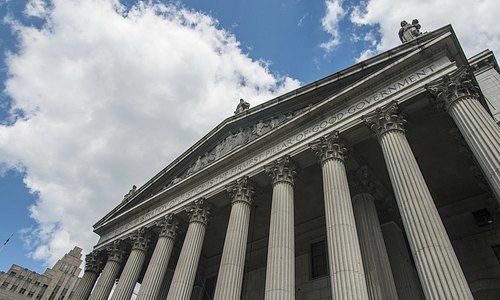A businessman from Saudi Arabia claimed hundreds of millions of dollars from Pictet by way of a lawsuit in the U.S. The court has now thrown the case out.
The dispute has been simmering for almost a decade – and nothing much seemed to develop. Rasheed al Rushaid, an oil magnate from Saudi Arabia, claimed $350 million in compensation from Pictet at a court in the U.S.
Al Rushaid said Pictet had washed briberies for ex-employees of his oil firm, worth some 4 million Swiss francs ($4.06 million).
Forum Non Conveniens
The Supreme Court of the State of New York has now dismissed the claim, arguing that U.S. courts were not the appropriate place to rule on this case – a ruling of so-called forum non conveniens.
The fighting over whether the case fell under the jurisdiction of the U.S. or not had gone on for years. Rushaid had insisted on the jurisdiction of the U.S. for a trial because Pictet’s correspondent banks in the U.S. were said to have been involved in the transaction of funds. Also, the U.S. has no statutory period of limitation for such activities and often claims for compensation are settled out of court.
Places of Action in Saudi Arabia and Switzerland
The court argued its decision of inconvenient forum that the plaintiffs lived in Saudi Arabia, the involved firms had their seats in said country, that Pictet was a Swiss bank and the defendants – essentially the Pictet partners – all lived in Switzerland. Furthermore, the activities cited by the plaintiffs had also taken place in Switzerland.
The three former members of staff of al Rushaid’s firm have been tried and convicted a long time ago – in Geneva.
Remains the Tax Dispute
Time will tell whether al Rushaid will attempt to file for compensation in Switzerland. At least Pictet has one U.S. problem solved – remains the decision about the tax dispute. Pictet is a so-called Tier 1 bank.





























